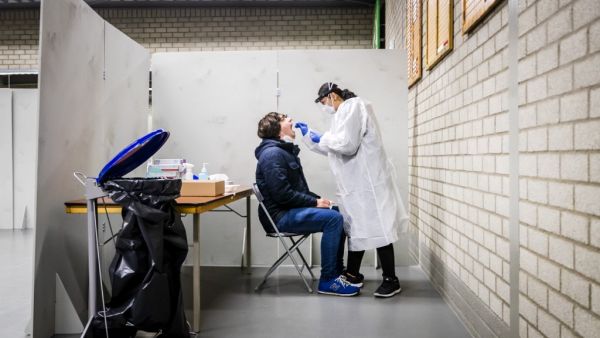The team behind the UK’s main COVID-19 vaccine, developed at Oxford University, is preparing to update the inoculation to be resistant to new strains of the virus.
British newspaper The Independent reported that the team is mobilizing this new effort in response to the variants seen in the UK, South Africa and elsewhere.
Research in Israel appears to indicate that the initial dose of the Pfizer-Biontech vaccine isn’t as effective against Covid-19 as initial studies showed.
— The Times (@thetimes) January 20, 2021
The UK government has begun to re-assess its current ‘one shot’ strategy as a result. https://t.co/h2ijVaG3BC
The efficacy of the current vaccine against the most common strains of COVID-19 is being assessed by scientists from the university, with preliminary results expected toward mid-February.
Prof. Sarah Gilbert, the team’s lead, said the researchers would not wait to discover the test’s results before acting, and instead are already synthesizing the new variants into the jab that is currently being rolled out nationwide.
The COVID-19 vaccine developed by BioNTech and Pfizer is likely to protect against the highly infectious variant of the virus, originally found in the UK, according to the results of a new study. https://t.co/PdHYbKRYAK
— DW News (@dwnews) January 20, 2021
Scientists at Oxford University are understood to be confident that their vaccine will not need to be adapted in response to the British variant, which was discovered last month after an especially rapid outbreak in Kent.
Data published by Pfizer and BioNTech, the producers of the other vaccine being provided in Britain, has indicated that their inoculation is resistant to the new COVID-19 strain.
More analysis is being conducted to assess whether it will be able to neutralize the newer South African and Brazilian variants.
A spokesperson from Oxford University said any necessary modifications would take “one day’s worth of work” before being grown in cell culture within a laboratory.
This article has been adapted from its original source.










